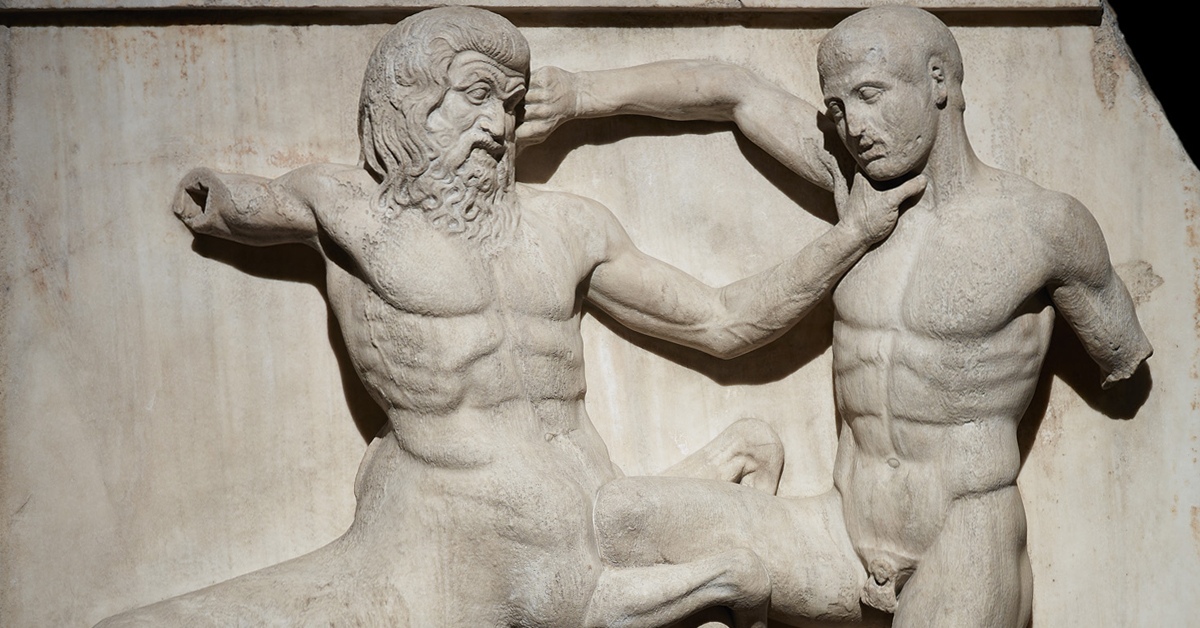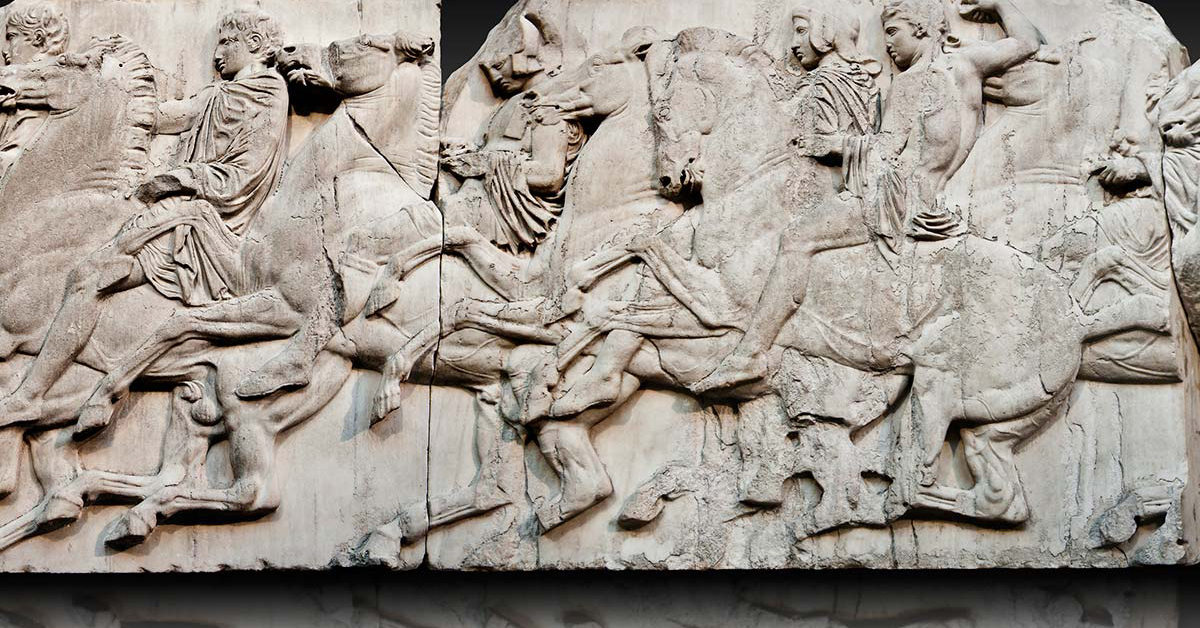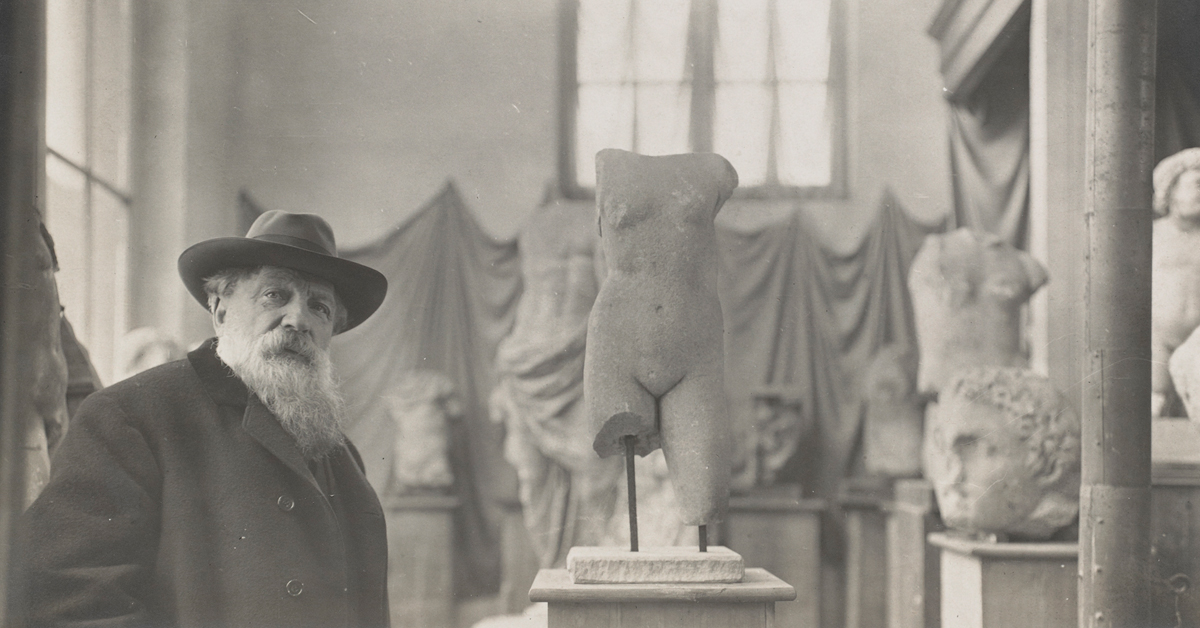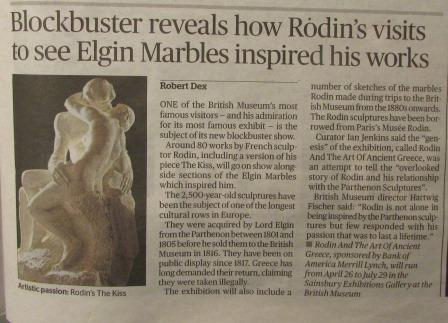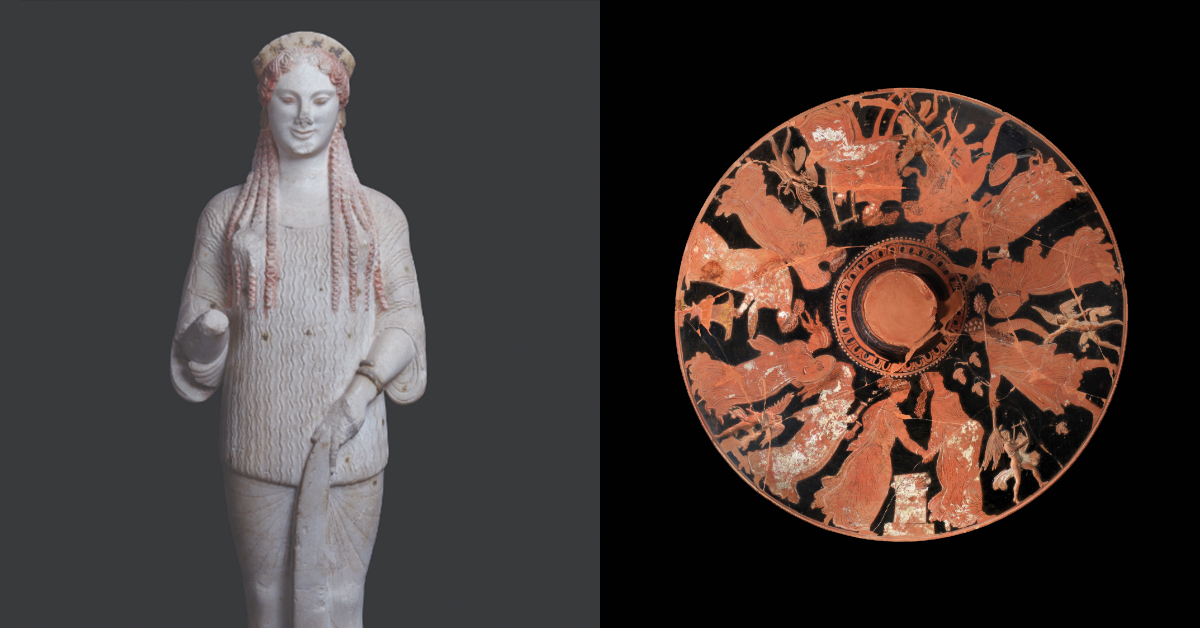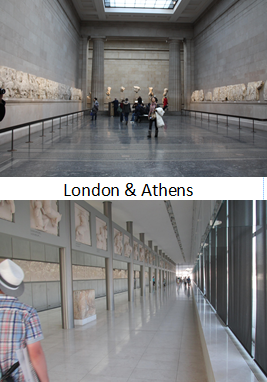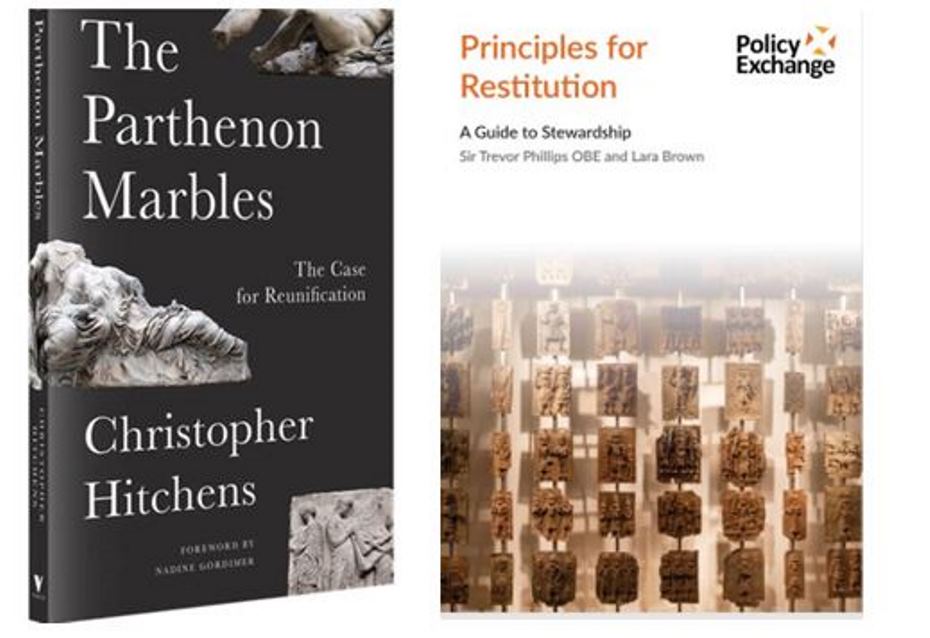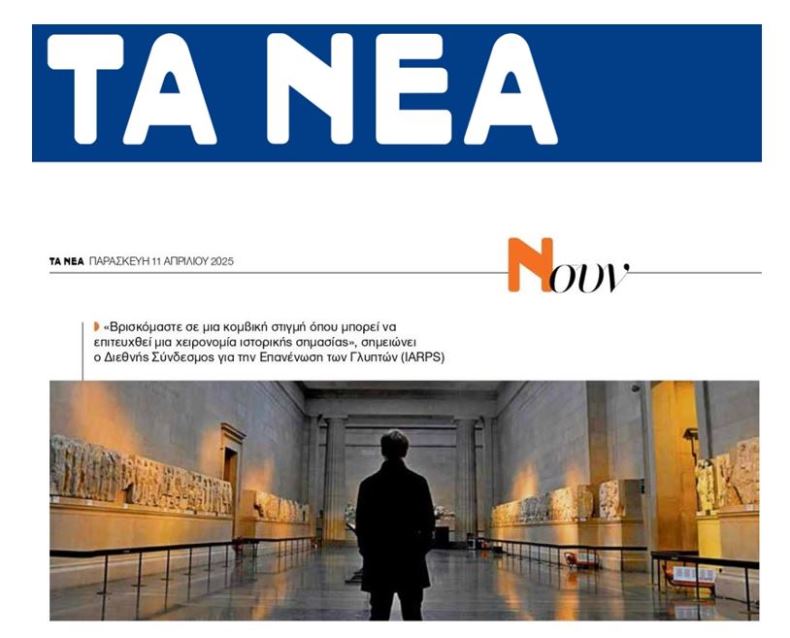"Jeremy Corbyn is not a member of the British Committee for the Reunification of the Parthenon Marbles, as I am, but his comments have done our cause a favour." Writes Professor Paul Cartledge in Frieze.com but Jeremy has been a supporter for the reunification of these sculptures long before he became Leader of the Labour Party and for that we thank him.
To read Professor Paul Cartledge's full article, click here.
Janet Suzman DBE, Chair of the British Committee for the Reunification of the Parthenon Marbles (BCRPM) this week welcomed the continued support from Jeremy Corbyn who recently pledged to give the Parthenon Marbles back to Greece if he became prime minister. The power to determine the future of the Parthenon sculptures lies not with the Trustees of the BM but with Parliament. A statutory power, to override the British Museum Act 1963 would have to be enacted to enable their return.
The current British Museum Act of 1963 which explicitly prohibits the dispossession of anything from its collections, except under certain prescribed conditions. Drafted more than half a century ago, issues have emerged which those who drafted the legislation had never anticipated. Claims for the return of human remains and Nazi loot being two examples.
Jeremy Corbyn was reported to have said in the Greek newspaper Ta Nea "It is very clear to me that the Parthenon sculptures belong in Greece."
Janet Suzman DBE says, "We are delighted that Mr Corbyn is offering his support and should he become prime minister we will be very keen to work with him to ensure the safe return of the sculptures to their rightful home in Greece."
The issue of the Parthenon marbles was also recently discussed at a meeting of the Intergovernmental Committee of UNESCO in Paris on 30th and 31st May 2018.
Greece was represented by the General Secretary of the Ministry of culture and Sport, Maria Andreadaki-Vlazaki, President of the Acropolis Museum, Professor Dimitris Pantermalis and the legal adviser of the special legal service of the Ministry of Foreign Affairs, Artemis Papathanassiou.
The Greek Ministry of Culture and Sport issued a statement about the meeting which said:
"For the first time, the Intergovernmental Committee of UNESCO recognises, in the text of the recommendation, adopted specifically for the issue of the Parthenon marbles, the historical, cultural, legal and ethical dimensions of the issue of the return of the sculptures, belonging to the Parthenon, a world heritage site. It calls on both sides to find a mutually acceptable solution to the long-standing issue."
The Greek position is strongly supported by other member states including China, Turkey, Japan, Armenia, Mexico, Iraq, Korea, Egypt, Argentina, Cyprus, Zambia, and more, while France for the first time placed in favour of resolving the dispute through cooperation between the two parties.
"Nothing will change in relation to the Parthenon marbles until and unless there is a meeting of minds at head of state level between Greece and Britain" concludes Janet Suzman.

